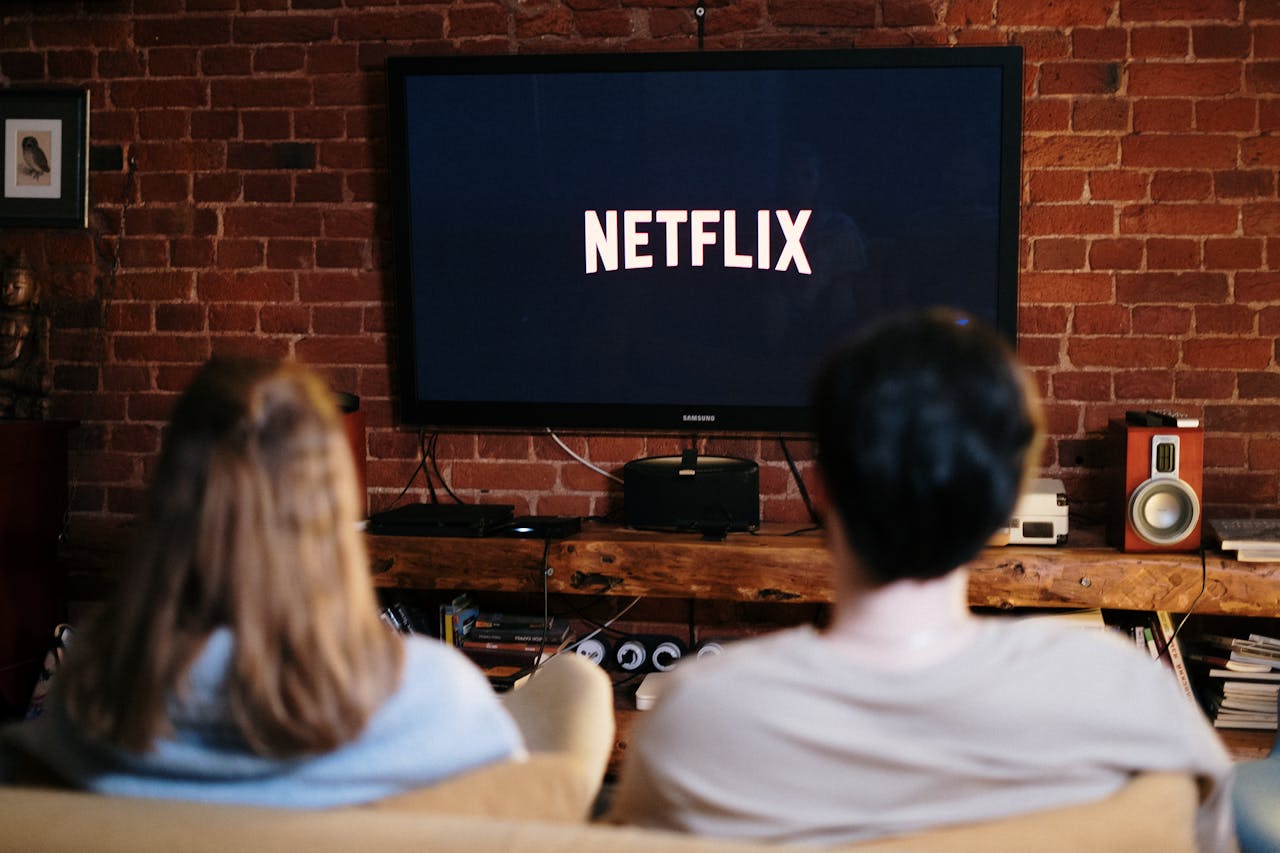In our interconnected world, where screens mediate our interactions, a curious phenomenon has emerged: parasocial relationships. These one-sided connections defy the boundaries of physical presence, transcending the limitations of time and space. But what exactly are parasocial relationships, and why do they captivate our hearts and minds?
Defining Parasocial Relationships
Parasocial relationships refer to the peculiar bonds we form with individuals we’ve never met in person. These connections thrive in the realm of imagination, where we develop an intense sense of connection, intimacy, or familiarity with media personalities, celebrities, or fictional characters. The key feature? These relationships exist solely within the mind of the individual, independent of any reciprocity.
The term “parasocial” was coined by psychologists Donald Horton and R. Richard Wohl in 1956, a time when televisions became ubiquitous. As viewers tuned in to their favourite shows, they began to experience what psychologists now call the “illusion of intimacy.” Characters on the screen became more than mere entertainment; they became companions, confidantes, and even friends.
Why We Form Parasocial Relationships
The reasons behind the allure of parasocial relationships remain multifaceted:
- The Social Brain: Our brains evolved to be social. We naturally recognise familiar faces when we spend hours online or glued to screens. Repetition breeds warmth, and our brains latch onto these recurring images.
- Loneliness: Loneliness drives us to seek connection, even if it’s not in real life. Research suggests that lonely individuals are more likely to engage in parasocial relationships. These imagined bonds provide solace, filling the void left by physical isolation.
- Less Demanding, More Fun: Unlike real-life relationships, parasocial connections require no effort. There are no conflicts, no favours to return, and no maintenance. The subjects of these relationships—celebrities and media personalities—are often talented, beautiful, or funny. It’s like having a friend without the complications.
Age-Old Phenomenon?
While the term “parasocial” is relatively recent, evidence suggests that these relationships have ancient roots. Think of the matinee idols of early Hollywood—the heartthrobs who graced silver screens. Even in ancient Rome, people developed celebrity crushes on-stage actors and famous speakers. The allure of distant figures has always captivated human hearts.
Fan vs. Parasocial Relationship
Being a fan of a celebrity or public figure is a common phenomenon. It is a way for people to admire and appreciate someone’s work, talent, or personality. Fans may follow their favourite artists, athletes, actors, or musicians on social media, attend their concerts, buy their merchandise, or simply discuss them with their friends. However, being a fan is not the same as having a parasocial relationship.
Parasocial relationships are a type of one-sided relationship that people may develop with media personalities or fictional characters. In a parasocial relationship, individuals feel a sense of emotional attachment to the celebrity or character despite having no direct interaction with them. They may feel a personal connection, empathy, and even a sense of intimacy or friendship with the distant figure.
The key difference between being a fan and having a parasocial relationship is the level of emotional investment. Fans appreciate from a distance and cheer for their idols, but they do not necessarily feel a deep emotional connection or sense of ownership over them. Parasocial relationships, on the other hand, involve a stronger emotional bond that can lead to feelings of disappointment, jealousy, or even anger when the distant figure does not live up to their expectations.
Overall, it is important to recognise the difference between being a fan and having a parasocial relationship. While being a fan is generally a healthy and enjoyable way to appreciate someone’s work, having a parasocial relationship can lead to unrealistic expectations, feelings of loneliness, and even mental health issues in some cases.
The Impact of Social Media
Social media has amplified the prevalence of parasocial relationships. Celebrities share glimpses of their lives, and fans respond with likes, comments, and virtual applause. The illusion of intimacy grows stronger as we peek into their daily routines, celebrations, and struggles.
Romantic or Not?
Parasocial relationships refer to the one-sided connections that people form with media figures, celebrities, or fictional characters. These relationships can exist in varying degrees, from a simple admiration for a celebrity’s talent or work to a deep emotional connection with a fictional character.
Some people might find comfort and solace in these relationships, especially when they are feeling lonely or struggling with mental health issues. For instance, a teenager who feels isolated might turn to a favourite YouTuber or a TV character for emotional support. In some cases, these relationships can even help people develop a sense of identity and belonging.
However, it is also possible for parasocial relationships to become unhealthy and all-consuming. In extreme cases, people might lose touch with reality and start believing that they have a real relationship with the media figure or character. This can lead to social isolation, problems with interpersonal relationships, and even mental health issues.
It’s important to recognise that while parasocial relationships can be a source of comfort and entertainment, it’s essential to maintain a healthy balance between them and real-life relationships. It’s crucial to seek professional help if you feel that these relationships are interfering with your daily life and relationships with others.
Healthy or Unhealthy?
Parasocial relationships refer to the one-sided connection that an individual develops with a media figure, such as a celebrity or a fictional character. In the past, such relationships were often seen as unhealthy and a sign of loneliness. However, recent research suggests that most parasocial relationships are harmless and quite common. Many people develop these connections as a way to cope with the stresses of everyday life or to fulfil certain emotional needs.
It is important to note that parasocial relationships can become problematic when they start to overshadow real-life connections or impair daily functioning. For instance, if an individual spends all their time obsessing over a celebrity and neglects their relationships with friends and family, that can be a cause for concern. Similarly, if the individual’s parasocial relationship with a media figure begins to interfere with their ability to perform daily tasks, that can also be a sign of a problem.
Despite the potential risks, parasocial relationships are an important reminder of the power of human connection. In our digital age, where social media and other forms of technology have made it easier than ever to stay connected, parasocial relationships remind us that the heart knows no bounds, even if the connection exists only in our minds. So, the next time you feel a kinship with a celebrity or fictional character, remember: You’re not alone. The illusion of intimacy weaves its magic across screens, bridging the gap between hearts and pixels. Just like any other relationship, balance is key, and it is important to maintain a healthy perspective on these connections.


